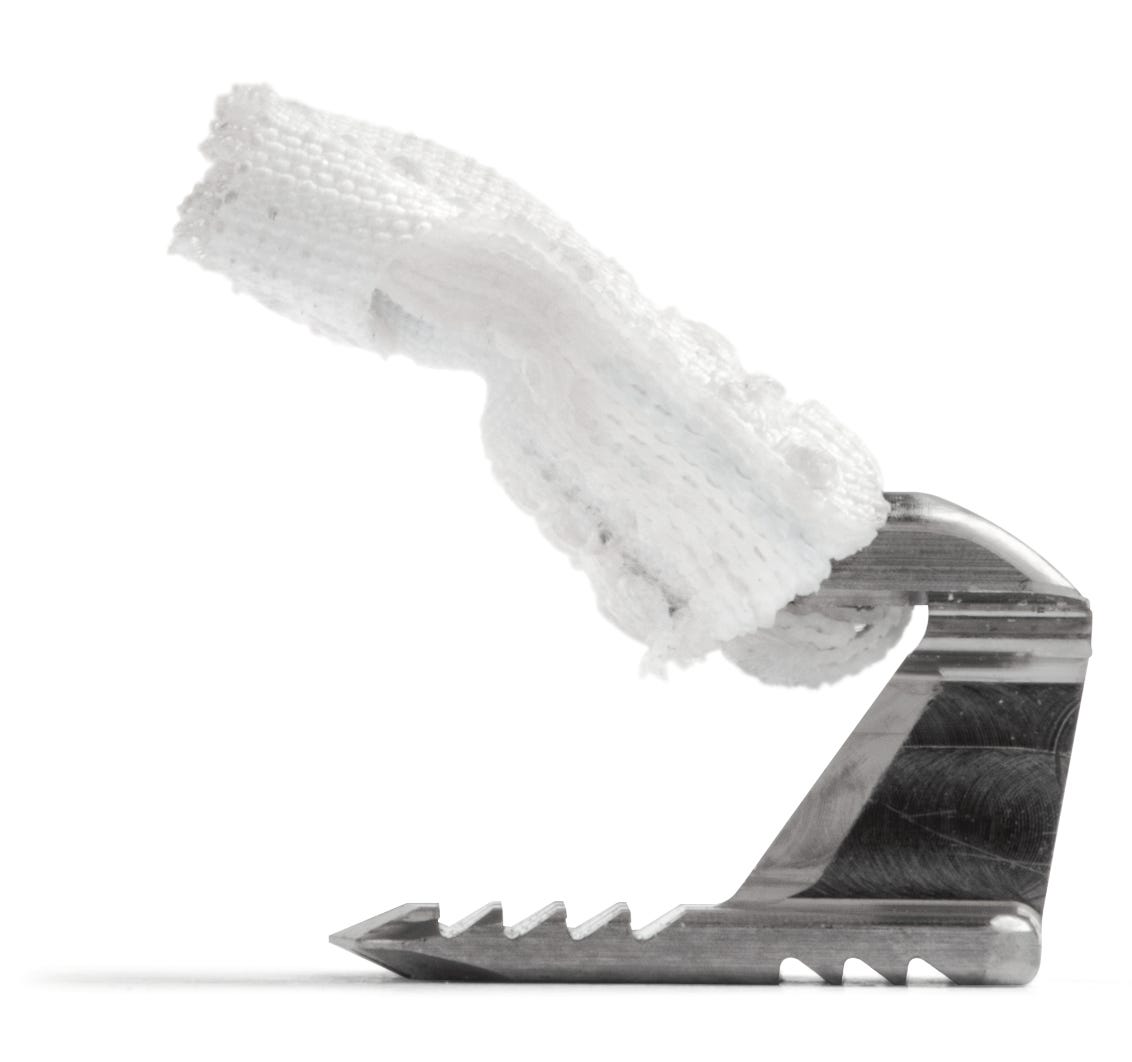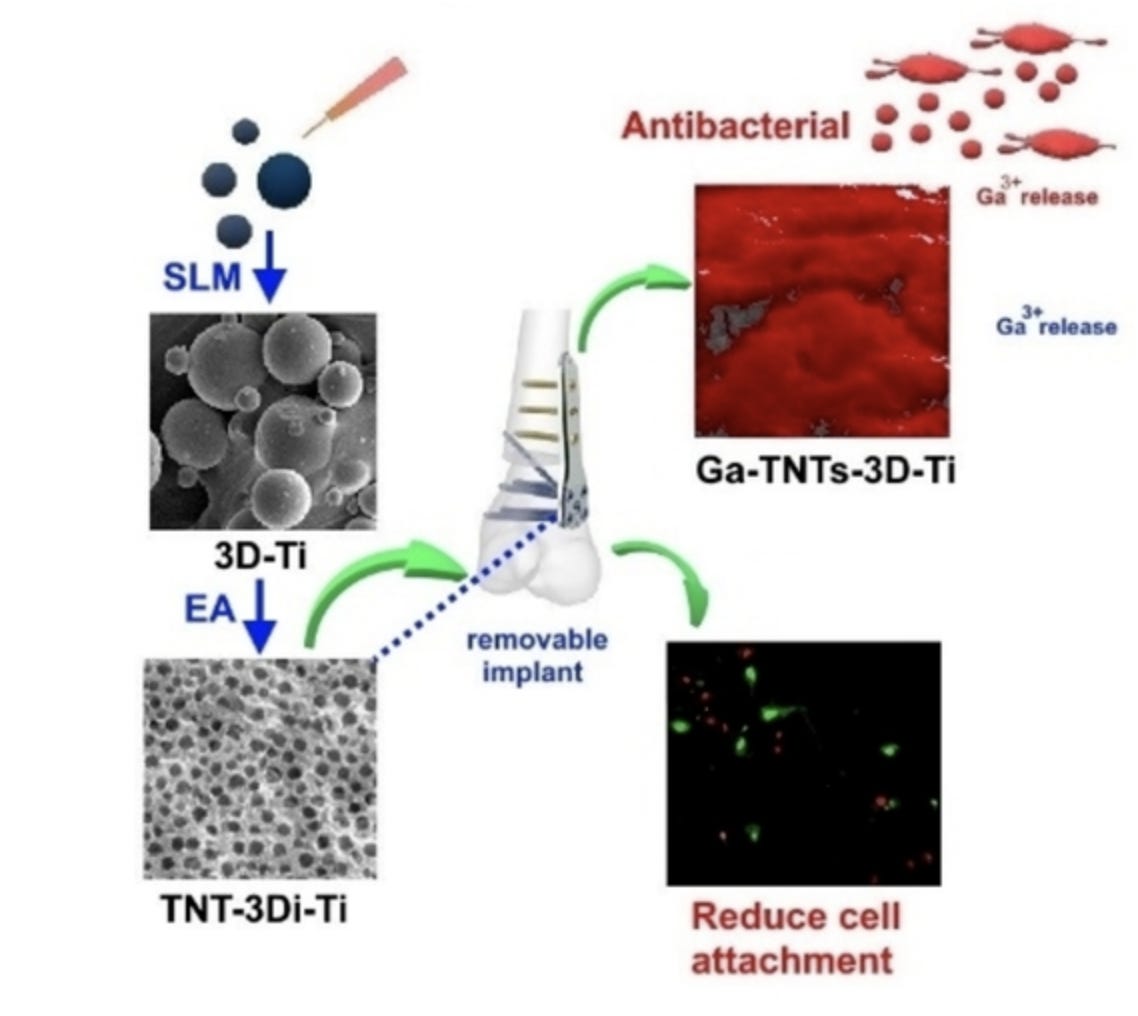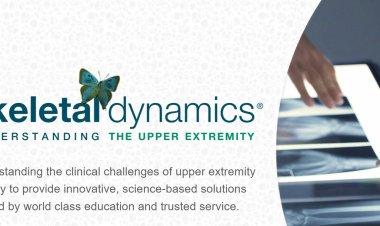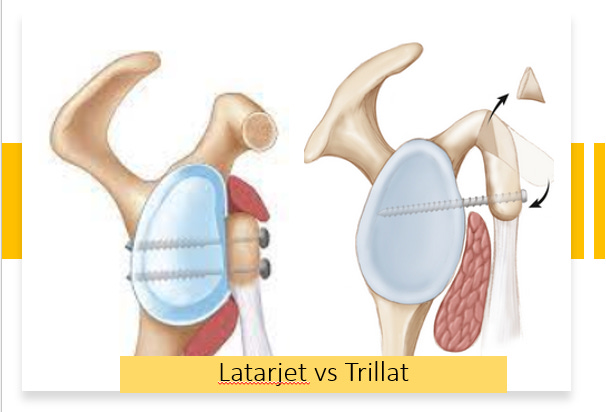Hola Researchers!
Here is an issue focussing on latest research tools to play with

OrthoSearch: the PubMed of Orthopaedics?
In today’s rapidly evolving scientific ecosystem, researchers are often overwhelmed by the sheer volume of published literature. Finding precise, high-quality, and clinically relevant information can be like searching for a needle in a haystack.
Enter OrthoSearch, a new-age research platform built exclusively for the orthopaedic and musculoskeletal community. Positioned as a next-generation research tool, OrthoSearch combines the precision of medical indexing with the speed and intelligence of AI-driven search engines. Unlike conventional databases that are broad and often cluttered, OrthoSearch is designed with focus and specialization at its core. It brings together peer-reviewed journals, clinical trials, conference abstracts, meta-analyses, and even preprints under one roof—streamlined for orthopaedic surgeons, researchers, and trainees. By leveraging machine learning algorithms, the platform doesn’t just retrieve articles; it curates context-aware results—highlighting methodologies, outcomes, and relevance to clinical practice.
One of the standout features of OrthoSearch is its smart filtering system. Users can refine results by anatomical site, type of study (RCT, cohort, case series), level of evidence, or even keywords like “rotator cuff repair” or “arthroscopic innovations.” In addition, the platform integrates citation analytics and research impact metrics, allowing users to quickly gauge the significance of a study within the orthopaedic landscape. What makes OrthoSearch truly unique is its collaborative edge. The platform encourages knowledge-sharing by enabling users to create research collections, annotate studies, and collaborate with peers globally. In a market saturated with generic search engines, OrthoSearch distinguishes itself as a specialized, intelligent, and clinically aligned tool.
OrthoSearch isn’t just another research tool—it’s the future of orthopaedic knowledge navigation.
Consensus: Your Research Co-pilot or Just Hype?

If you’ve ever wished for a shortcut through the maze of peer-reviewed papers, Consensus might be the tool you didn’t know you needed.
This AI-powered academic search engine pulls evidence straight from over 200 million peer-reviewed articles and distils them into digestible, citation-linked answers — no fluff, just facts. Want to compare THR vs. HA in elderly femoral neck fractures? Consensus doesn’t just guess — it shows you what the literature says, complete with percentages and links to real studies.
But here’s the catch: it’s not a substitute for deep reading or meta-analysis. Think of it as your lit review pre-check: fast, traceable, and surprisingly useful when prepping protocols or shaping hypotheses.
So is it validated? Not officially like Cochrane or PRISMA — but it’s trusted by researchers, and every output links to original publications. Just don’t forget your own judgment along the way. ????
Try it yourself here
From Lab Rabbits to Research Rabbit: ?!Evolution

Writing an academic article is not a simple feat and almost all of us went through that struggle. Even with the internet, it used to be a struggle especially to find the relevant studies for the specific topic you are working on. But now, if you give an article to this AI driven web application called “Research rabbit”, it will dig through the literature available and bring you the articles which are similar to your work. Something like a bunny digging through fields and finding carrots, pun intended!
The articles that this great AI tool digs out of the literature is nicely curated into a nice mind map where you can see the connections as well as the timelines of that topic. It’s like the carrots are nicely sorted out according to the size and quality for us to pick what we need. Sounds yummy, right?
Great thing is you don’t need to start from scratch when you start using this app. You can import your data from Zotero. Mind you, our rabbit is not a replacement for Zotero, but they both work together. Something like, Zotero is cabinet where you fill things and take them when you need them, but our Rabbit here is like a DJ which takes the available tracks (read articles) and mixes and matches them to your liking.
So, why delay, try it out and see if this helps progress your research.
The Online data analyst - How AI is breaking the Research (barrier)
Gone are the days when we had to find(beg) a ‘data-person’ (or a statistician as the normies would say) to help with our research and dissertation. I still remember mine was third on the queue on her table with deadline in 8 days.
With AIs doing most of the heavy lifting in research ever since LLMs came into the picture, it is no wonder they have taken over most aspects. One of the areas where they lagged was data visualization. Ask Sam Altman. He knows better.

Image published during GPT5 release. 52.8>69.1=30.8 AI math!
Julius.ai is one of them few which can visualize your data for you. They claim 10x faster research and no need to know any coding. Comes with a good app to work with.

I appreciate the effort taken on the prompt
Julius.ai helps with most of your data management and provides insight on the data as well. Supposed to be better than ChatGPT and it can handle files upto 32GB. There is a free version to try out and priced around $30 a month for premium versions.
Events to check out:
-
AAOS Annual Meeting 2026 02 – 06th Mar 2026 - New Orleans, USA
-
Orthopaedic Research Society (ORS) Annual Meeting 27 – 31st Mar 2026 - Charlotte, USA
-
WCO-IOF-ESCEO 2026 – World Congress on Osteoporosis, Osteoarthritis & Musculoskeletal Diseases 16 – 19th Apr 2025 - Prague, Czech Republic
NB: None of these are promotoed contents! Do mention your experience with these tools in the comments.
Have a marvellous month ahead guys!


















